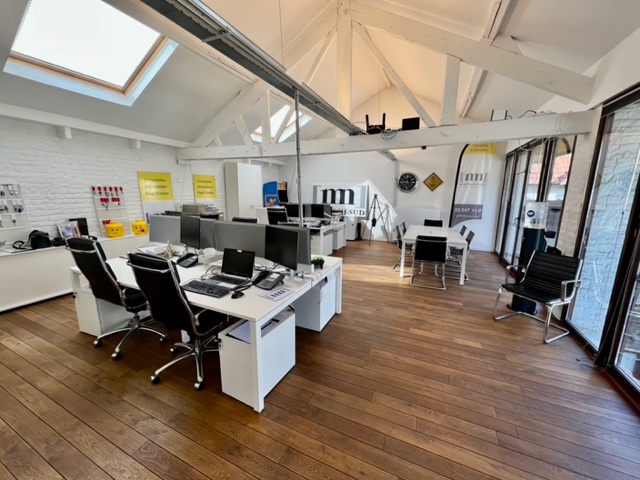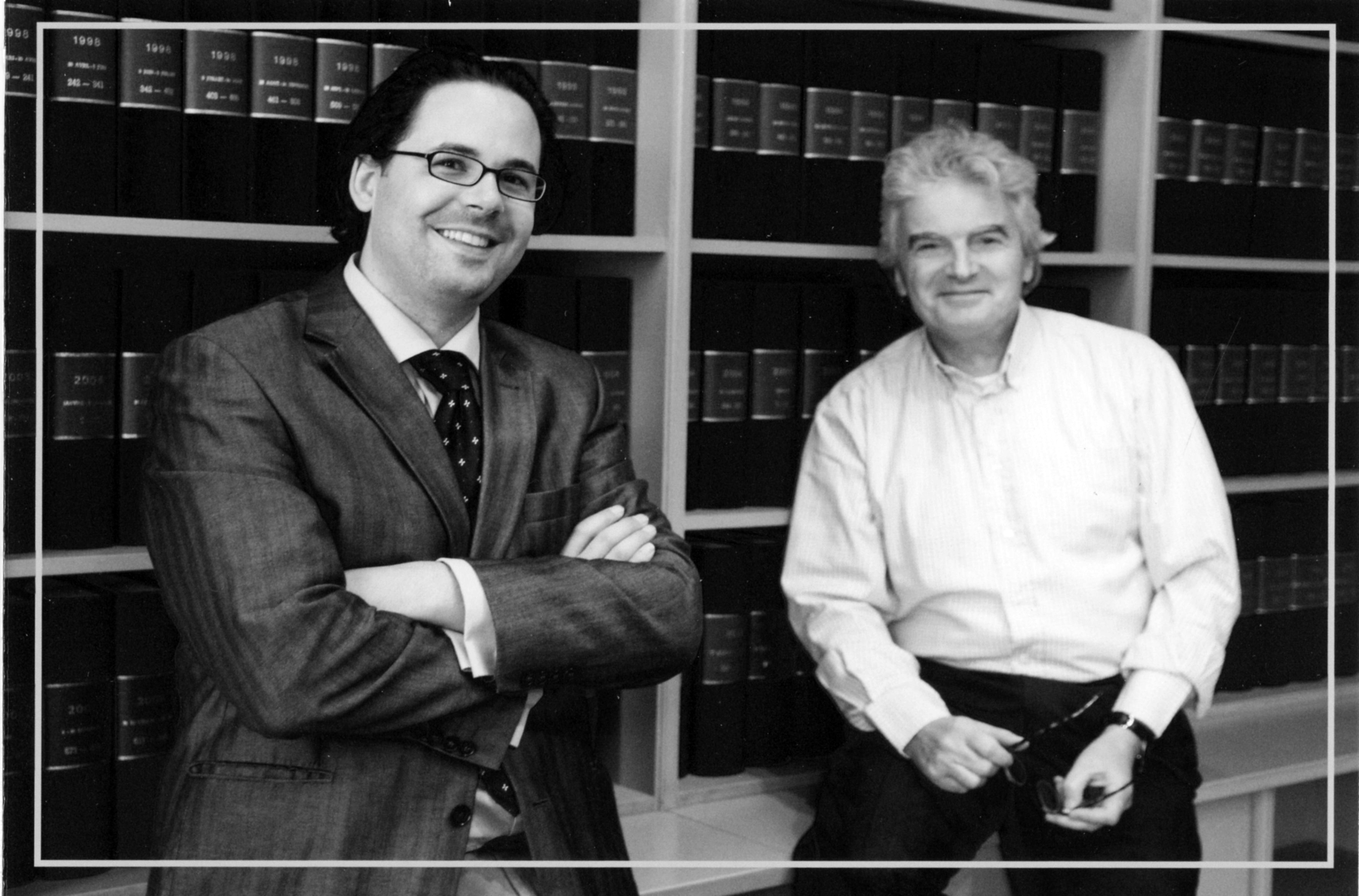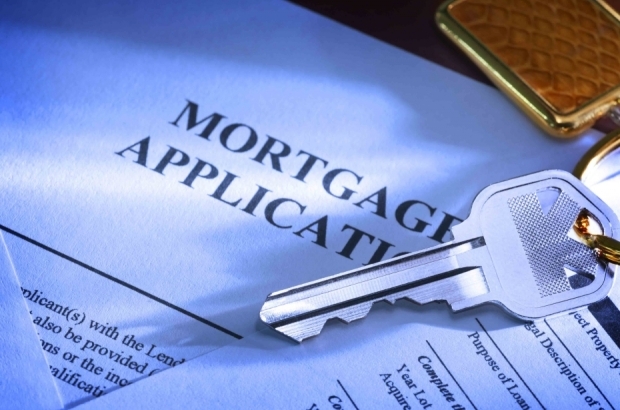- Daily & Weekly newsletters
- Buy & download The Bulletin
- Comment on our articles
Buying a new home? It’s time to get a move on
Low interest rates and rising inflation make it a good time to be investing in a new home, despite record-breaking property prices.
Anyone considering buying a home in Belgium right now has probably seen the headlines: last year prices rose at the sharpest rate since 2007, and the country is second only to Germany for the fastest rising property prices in Europe. As is the market tradition in Belgium, Brussels is leading the way, with a current price per square metre in the capital of €3,329.
According to the National Bank of Belgium, this is due to a housing shortage, with the institution’s governor calling for the construction of more houses and apartment blocks. But real estate professionals don’t all agree with that solution. There isn’t a shortage of housing, they say, but a glut of buyers up against a dearth of sellers willing to part with their properties.

“It’s the first rule of the market,” says Jean-Christophe Quiévy of Brussels real estate firm Macnash Associates (Rue Franz Merjay office, pictured). “The demand is higher than the supply. Interest rates are really good right now.” As inflation rises, interest rates drop, and buyers of all profiles are looking to take advantage of that. “Right now is a good time to buy because the interest rates are very low, with very high inflation,” says Pablo De Doncker, a notary in Brussels. “That’s an opportunity for the buyer.”
But that’s not the only factor affecting the buying market. Both individuals and families are looking for more living space, both indoors and out. What started as a post-lockdown trend in the market is continuing, especially as more people are working at home more often than before the pandemic.
“If both members of a couple are working at home, they each need a space,” says Quiévy, whose firm has five locations in and just outside Brussels. “It’s not easy to work together in the living room. If you have a one-bedroom apartment, for instance, it just doesn’t work. People who have one bedroom are now looking for two. And they want a terrace or a garden.”
Add this trend to the number of first-time buyers – not to mention investors – keen to cash in on low interest rates, and you get a saturation in the market. “That’s why there are a lot of buyers,” explains De Doncker. “It’s not only people who just want to buy a home to live in; it’s also investors.”

And this demand is not being met by supply. Not because of a lack of housing, as the National Bank suggests, De Doncker (pictured with father Pierre De Doncker) insists, but because both investors and current homeowners buying a new property are loath to sell right now.
It all comes back to the inflation rate. “If property owners sell, they have money, and money is losing its value very fast,” he says. “People are looking to put their assets into something that is safe, not face losing them to inflation. Real estate is a good protection against inflation.”
Anyone looking to buy a home to live in is also trying to hang on to their current property, he notes. His office is in central Brussels, and he has seen his fair share of residents of the capital buying homes in Flanders and Wallonia since the start of the coronavirus crisis. “If they can afford to keep their current house or apartment in Brussels as an investment when buying something new wherever they are moving to, they will do it for sure,” he says.

Regardless of the dramatic headlines, potential buyers should not put off looking for property in the hope that prices will come down. They won’t. “History shows us that prices rise by 1 or 2% every year,” says Quiévy. “They will rise less quicklythan they have over the last year, but they will go up regardless.”
Macnash Associates works with a great deal of internationals wanting to buy their first house or flat in Brussels, as well as acting as a property manager for expats who leave the country but want to hold on to their property here. Quiévy sees that newcomers to the capital can be impatient about buying property, especially in a market such as we’re seeing now. But they should never forget the second rule of the market, he says: buyer beware.
“Inspect the property you want to buy. Have it inspected for problems if you cannot do this yourself. We often see that people are so enthusiastic about finally finding something they like, they don’t consider whether a house conforms to regulations regarding windows and doors, electricity, things like that.” He adds with a smile: “In Belgium, we like rules. So there are a lot of things to check.”
More information here about obtaining a mortgage loan from ING.
This article was first published in the Expat Time magazine, a digital publication by ING Belgium for internationals living in Belgium.


















Comments
You might also want to address the following: when one wants to apply for a mortgage in Belgium but has not earned income in Euros (but USD for example), one cannot get a mortgage in Belgium. I'm sure it's more complicated than this but we encountered this problem.